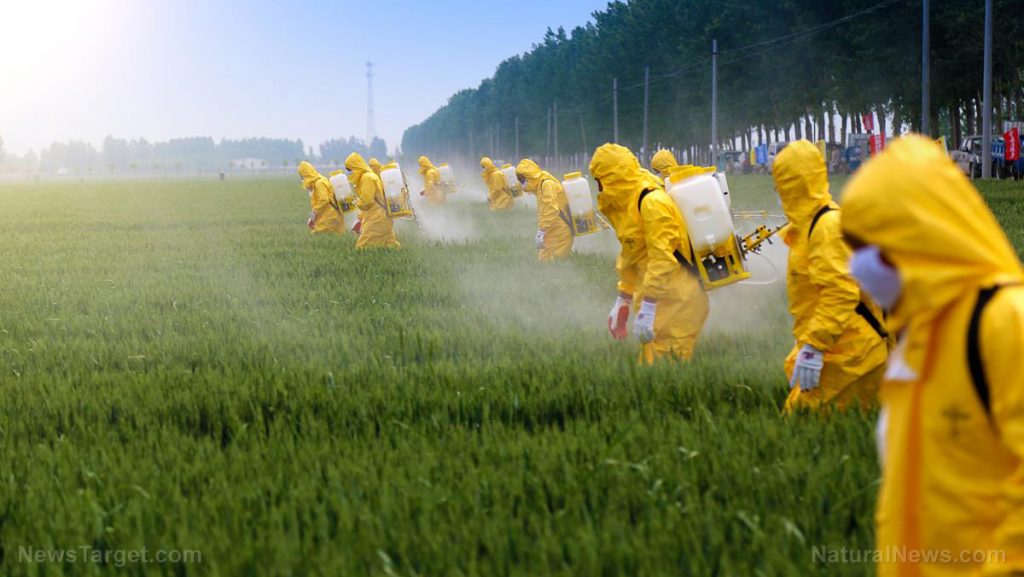
Using fertilizer for our gardens and landscaping is about as commonplace as brushing our teeth or gassing up the car. Most people do it, and they don’t think twice about the unintended consequences because it’s just such a normal and routine part of the fabric of owning or managing property. However, while using fertilizer has short-term benefits in terms of boosting crop yields and promoting garden health, excessive use over the long-term has devastating ramifications.
We’re not trying to pass judgment or offer an opinion on the rightness or wrongness of using fertilizer. Rather, there are some important and practical considerations that anyone who is intending on having some kind of self-sufficient garden, homestead or survival refuge should keep in mind. Let’s take a look at some of the drawbacks associated with chemical fertilizers.
Soil Killer
Fertilizers contain minerals and compounds that help to promote plant growth, but it also suppresses the growth of innumerable microorganisms that live in soil. Good, quality and healthy soil that will be productive year over year depends on these creatures. By using fertilizer, we start a cycle where our soil will need to continually be tested and balanced by using additional chemicals in order to support growth. This adds more and more harmful compounds to the soil, and over time, their impact can completely devastate the local ecosystem and beyond. Furthermore, the soil will need to be replaced in order to support future growth.
If you’re aiming for self-sufficiency, it’s important to develop a long view when it comes to caring for soil and growing crops. There are plenty of ways to introduce natural, healthy items into the soil in order to keep it balanced, and while they take a little bit of effort and patience, they will produce better benefits, both now and in the future, when compared to chemical alternatives.
No Plant Diversity
There is no such thing as a one-size-fits-all fertilizer product, and applying it will condition the soil to support the growth of only a limited variety of crops. Consequently, if you want to change crops, you may also need to change or alter the composition of the soil by adding different types of fertilizers. This creates another cycle that will only degrade soil and diminish your options over time.
Water Contamination
Fertilizer-laden runoff from tainted snowmelt, rain and irrigation enters our waterways every day. It’s impossible to fathom the collective impact that fertilizers have on ecosystems, habitats and food stocks. Entire fisheries have been devastated due to fertilizer, and many fish stocks that have managed to survive are too-contaminated for human consumption. This is one of the main reasons that we are eating farm raised fish, shrimp and crayfish these days. We simply can’t get them from natural sources like before.
To bring things a bit closer to home, using fertilizer and other chemicals in the garden can also contaminate our own water sources. This includes wells, ponds, lakes and pools. While the impact of this contamination is may seem negligible at the moment, imagine how vital those water sources would be during a prolonged period of self-sufficiency.
Then there’s exposure to a wide-range of chemicals that are found in many commercial fertilizer products. While pesticides get most of the attention in terms of being harmful to our health, fertilizers can be just as dangerous. Make sure that you are using, storing and disposing fertilizer products as directed in order to minimize the effects of exposure.
Take a closer look at fertilizers and how they may be impacting your yard, your community, your water supply and your preparedness efforts. Then, explore alternatives that can be just as good, if not better, and how they can be incorporated in your gardens or homesteads. The goal is to find the best, longest and most-sustainable way to keep your soil productive and maximize yields. While fertilizer may be an easy short-term option, it can also cause all kinds of long-term problems that most of us are not prepared to deal with.
